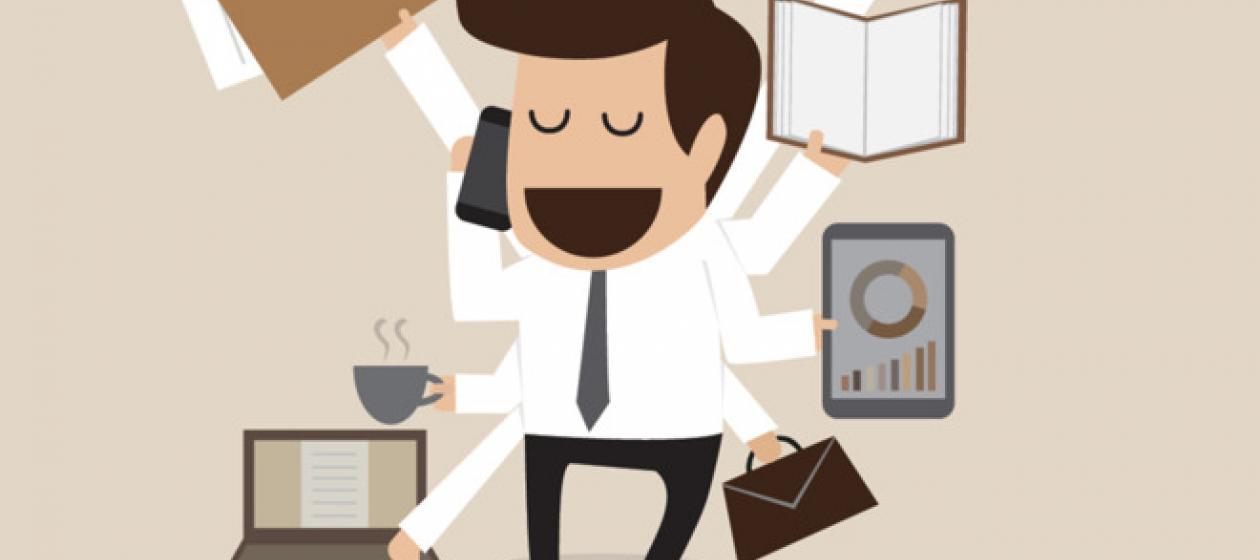Some days the to-do list seems bottomless. Just looking at it is exhausting.
We all want to know how to stop being lazy and get more done. I certainly want the answer.
So I decided to call a friend who manages to do this — and more.
Cal Newport impresses the heck out of me. Why? Well, I’m glad you asked. He’s insanely productive:
- He has a full-time job as a professor at Georgetown University, teaching classes and meeting with students.
- He writes six (or more) peer-reviewed academic journal papers per year.
- He’s the author of four books including the wonderful So Good They Can’t Ignore You. And he’s at work on a fifth.
- He’s married with a young child and handles all the responsibilities that come with being a husband and dad.
- He blogs regularly about productivity and expert performance.
And yet he finishes work at 5:30 p.m. every day and rarely works weekends.
No, he does not have superpowers or a staff of 15. Okay, let’s you and I both stop being jealous of his productivity for a second and learn something.
Below you’ll get Cal’s secrets on how you can better manage your time, stop being lazy, get more done — and be finished by 5:30. Let’s get to work.
1) To-do lists are evil. Schedule everything.
To-do lists by themselves are useless. They’re just the first step. You have to assign them time on your schedule. Why?
It makes you be realistic about what you can get done. It allows you to do tasks when it’s efficient, not just because it’s #4.
Until it’s on your calendar and assigned an hour, it’s just a list of wishful thinking.
Here’s Cal:
Scheduling forces you to confront the reality of how much time you actually have and how long things will take. Now that you look at the whole picture you’re able to get something productive out of every free hour you have in your workday. You not only squeeze more work in but you’re able to put work into places where you can do it best.
Experts agree that if you don’t consider how long things take, you’re setting yourself up for failure.
I can hear what some of you are thinking: But I get interrupted. Things get thrown at me last minute.
Great — build that into your schedule. It doesn’t need to be perfect. Things will change. But you need to have a plan, otherwise you’ll waste time.
Want to stop procrastinating? Schedule. Here’s Cal:
Assigning work to times reduces the urge to procrastinate. You are no longer deciding whether or not to work during a given period; the decision is already made.
Does this sound too mechanical? Overly structured and not much fun? Wrong.
Research shows that it’s even a good idea to schedule what you do with your free time. It increases quality of life:
This study was designed to identify the relationship between free time management and quality of life, exploring whether the amount of free time or the way people using their free time relates to their quality of life… The result has found a positive relationship between free time management and quality of life.
(For more on the schedule the most productive people use, click here.)
Okay, the to-do list is in the trash and things are going on the calendar. How do you prioritize so you’re not at work forever?
To read more of the list, click here





